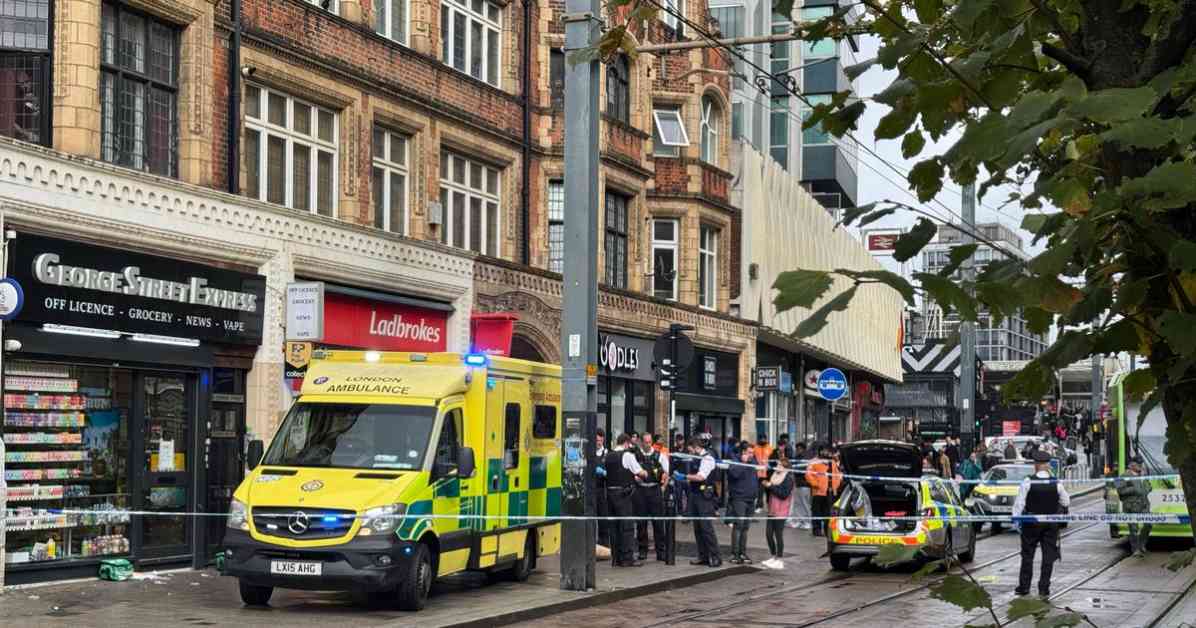A 23-year-old man was stabbed in the neck just 100 meters away from a live facial recognition (LFR) van operated by the Metropolitan Police near East Croydon station last week. The incident has sparked criticism from civil liberties group Big Brother Watch, which claims the attack highlights the ineffectiveness of LFR technology as a crime deterrent, despite concerns over its invasive nature and privacy violations. The man was stabbed around 2pm on Tuesday, October 1, on George Street, near the George Street Express corner shop. Bleeding from his neck, the victim staggered into the shop, just 110 meters away from the LFR van also on George Street just outside East Croydon station, which was in plain sight of the scene.
Officers located at the LFR van ran to the victim to give him emergency first aid until paramedics arrived. The man was rushed to the hospital, and his injuries were thankfully deemed non-life-threatening. However, Big Brother Watch claims the violent crime virtually in view of the van shows it doesn’t work as a deterrent. Facial recognition technology has been restricted in the EU and in parts of the US as they aim to “limit the use of biometric identification systems including facial recognition that could lead to ubiquitous surveillance.”
Mark Johnson, Advocacy Manager at Big Brother Watch, criticized the incident, stating that the stabbing during the live facial recognition deployment demonstrates the ineffectiveness of mass surveillance technology in fighting crime. He raised concerns about whether the police officers could have prevented the stabbing if they had been actively patrolling the area instead of relying on technology. The European Parliamentary Research Service mentioned that the EU has passed a law to ban police from using live facial recognition in most circumstances.
The Met Police defended their use of LFR, stating that it is a precise crime-fighting tool that helps identify criminals as part of proactive intelligence-led operations. They mentioned that as a result of the deployment in Croydon, four arrests were made for various offenses. The police spokesperson highlighted the immediate response of the officers to the stabbing and emphasized their commitment to transparency and accountability regarding the use of LFR.
However, Mr. Johnson criticized the Met’s priorities, stating that the focus on ineffective technology like live facial recognition undermines the fundamentals of policing in communities. He argued that such technology treats all members of the public as suspects and subjects innocent individuals to intrusive surveillance. Despite the differing perspectives on the effectiveness of facial recognition technology, the incident has sparked a debate on the balance between privacy rights and crime prevention strategies.












